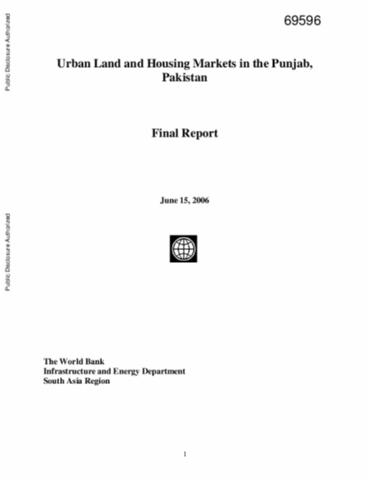Improving Tenure Security for the Rural Poor: Rwanda – Country Case Study
Most of the world’s poor work in the “informal economy” – outside of recognized and enforceable rules. Thus, even though most have assets of some kind, they have no way to document their possessions because they lack formal access to legally recognized tools such as deeds, contracts and permits. The Commission on Legal Empowerment of the Poor (CLEP) is the first global anti-poverty initiative focusing on the link between exclusion, poverty and law, looking for practical solutions to the challenges of poverty.




